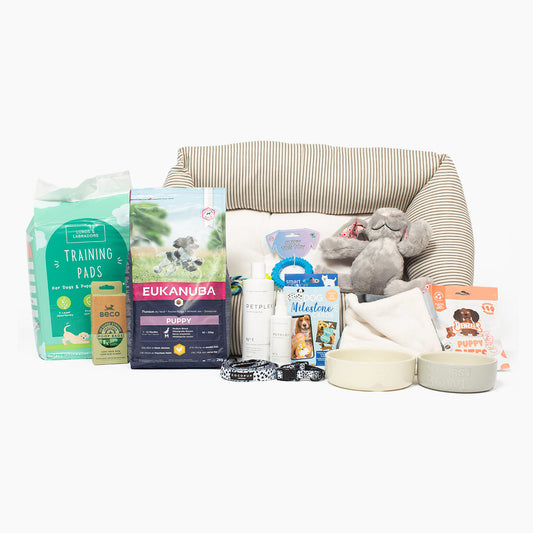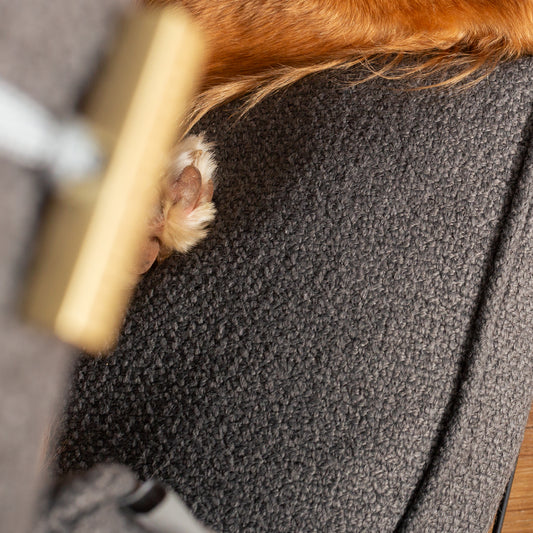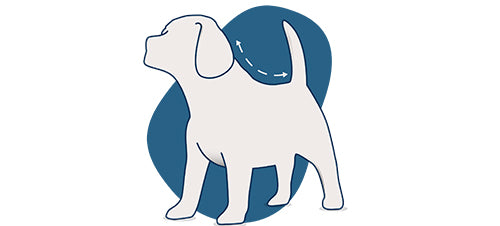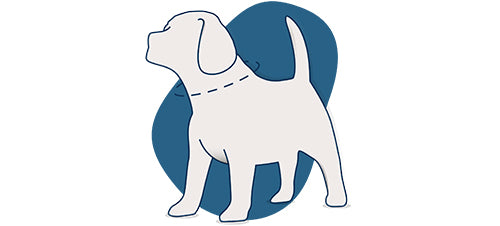Owning a dog is a joyful and rewarding experience, but it’s essential to understand the financial commitment involved before bringing a furry friend into your home. The cost of owning a dog in the UK can vary significantly depending on several factors, including the breed, size, and health of the dog, as well as your lifestyle and location. Below, we explore the various costs associated with dog ownership, including initial expenses, ongoing monthly costs, and unexpected expenses, to help you answer the crucial question:
How much does a dog cost per month?
Initial Costs of Owning a Dog
Before you even bring a dog home, there are several one-time costs to consider. These initial expenses can add up quickly, but they are necessary to ensure that your new pet is well-equipped and ready for a happy life with you.
Purchase Price or Adoption Fee
The first cost you’ll encounter is the price of the dog itself. If you choose to buy from a breeder, the cost can range widely depending on the breed. For example, a pedigree dog from a reputable breeder can cost anywhere from £500 to over £3,000. On the other hand, adopting a dog from a rescue centre is generally more affordable, with fees typically ranging from £150 to £300. Adoption also has the added benefit of giving a dog in need a loving home.
Vaccinations and Microchipping
Once you have your dog, you’ll need to ensure they are up-to-date on their vaccinations. Initial vaccinations usually cost between £50 and £100. Microchipping, which is a legal requirement in the UK, typically costs around £15 to £30.
Neutering/Spaying
If your dog isn’t already neutered or spayed, you should budget for this procedure. The cost can vary depending on the size and gender of the dog, but generally, it ranges from £100 to £300.
Essential Equipment
To ensure your dog is comfortable in their new home, you’ll need to purchase some essential items. Here at Lords & Labradors, we recommend:
- A Dog bed: £20 to £100
- Collar and lead: £10 to £50
- Food and water bowls: £5 to £30
- Toys: £10 to £50
- Crate or carrier: £30 to £150
Insurance
It’s advisable to take out pet insurance to cover any unexpected veterinary bills. The cost of pet insurance can vary significantly depending on the level of cover and the breed of your dog, but you should expect to pay between £20 and £50 per month. This is one of the first recurring costs you’ll encounter, but it’s essential to consider as it can save you a significant amount of money in the long run.

Total Initial Costs
When you add up the purchase or adoption fees, vaccinations, microchipping, neutering, and essential equipment, the initial cost of owning a dog can range from £500 to £3,500 or more. This is an important factor to consider when asking, "How much is a dog?" The initial outlay is just the beginning, and understanding the ongoing costs is crucial for long-term planning.
Ongoing Monthly Costs
Now that you’ve welcomed your new companion into your home, it’s time to consider the ongoing costs of dog ownership. These monthly expenses will be a significant part of your budget for the duration of your dog’s life.
Food
The cost of dog food varies depending on the size of your dog and the quality of the food you choose. On average, you can expect to spend between £20 and £60 per month on dog food. Premium or specialised diets may cost more, but providing high-quality nutrition is essential for your dog’s health and longevity.
Regular Veterinary Care
Even after the initial vaccinations, your dog will require regular veterinary check-ups, which may include annual vaccinations, flea and worm treatments, and dental care. Routine veterinary costs can range from £10 to £30 per month. It’s also wise to set aside some money each month for unexpected veterinary expenses not covered by insurance.
Grooming
Grooming costs depend on the breed of your dog and whether you choose to groom them yourself or hire a professional. Some breeds require regular grooming to keep their coats healthy and tangle-free. Professional grooming services can range from £20 to £70 per session, with most dogs needing grooming every 4 to 8 weeks. If you choose to groom your dog at home, you’ll still need to invest in grooming tools, which can add up over time.
Pet Insurance
As mentioned earlier, pet insurance is a monthly expense that can range from £20 to £50. This cost will depend on the level of cover you choose, the age, and the breed of your dog. While it might seem like an optional expense, pet insurance is highly recommended as it can prevent financial strain if your dog becomes ill or injured.
Dog Walking and Daycare
If you work long hours or are frequently away from home, you may need to consider dog walking or daycare services. Dog walking typically costs around £10 to £15 per walk, while doggy daycare can range from £30 to £50 per day. These services ensure that your dog gets the exercise and socialisation they need, even when you’re not around.

Total Monthly Costs
So, how much does a dog cost per month? On average, you can expect to spend between £70 and £150 per month on your dog’s care. This estimate includes food, regular veterinary care, pet insurance, and grooming, but can vary depending on your dog’s specific needs and your lifestyle. Additional costs, such as dog walking or daycare, can significantly increase your monthly budget.
Unexpected Costs
While it’s important to budget for the expected monthly costs of owning a dog, it’s equally crucial to prepare for the unexpected. Dogs can develop health issues, require emergency veterinary care, or need surgery, all of which can result in significant costs.
Veterinary Emergencies
Even with pet insurance, there are often excess fees and limits on coverage that mean you could still face substantial out-of-pocket expenses in the event of a veterinary emergency. Surgery, diagnostic tests, or treatment for chronic conditions can quickly add up, sometimes costing thousands of pounds.
Behavioural Training
If your dog develops behavioural issues, you may need to invest in professional training. The cost of dog training varies, but private sessions can range from £30 to £100 per hour. Group classes are usually more affordable but may still add a notable expense to your budget.
Replacement of Damaged Items
Puppies are often known for their tendency to chew on furniture, shoes, and other household items. While this behaviour can be managed with training, there’s always the possibility that you’ll need to replace damaged items, adding to the overall cost of ownership.
Owning a dog is a long-term commitment, both emotionally and financially. Understanding the costs involved is crucial to ensuring that you can provide a stable and loving home for your pet throughout their life. From the initial purchase price or adoption fee to the ongoing monthly expenses, the question “How much is a dog?” encompasses more than just the upfront cost. It’s about being prepared for the responsibility and ensuring that your dog’s needs are met, now and in the future.
By carefully considering these factors, you’ll be better equipped to make an informed decision about bringing a dog into your life, ensuring that both you and your new companion enjoy a happy and healthy relationship for years to come.
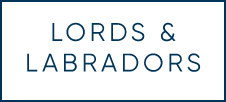



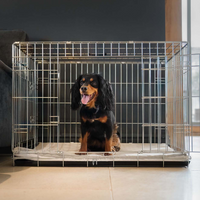



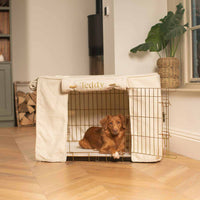
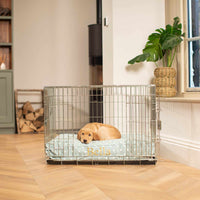
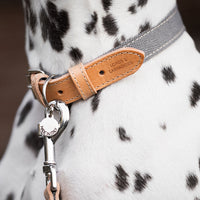

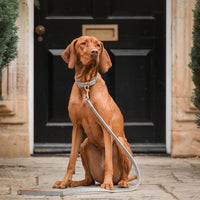



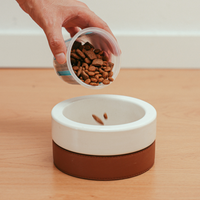
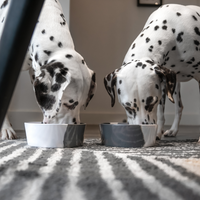




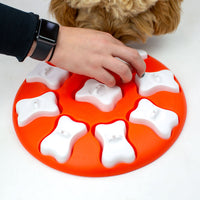


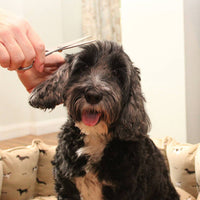



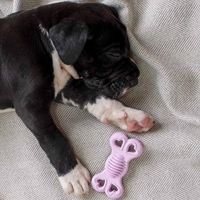
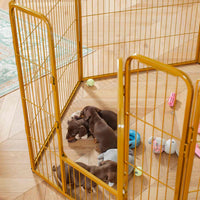






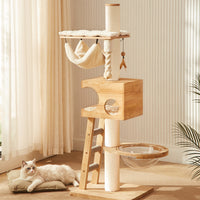






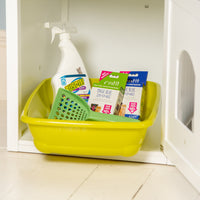


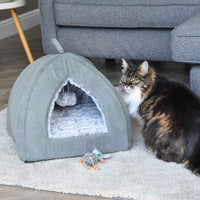


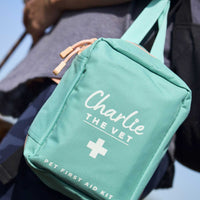











.jpg?v=1723712924433&options=)



